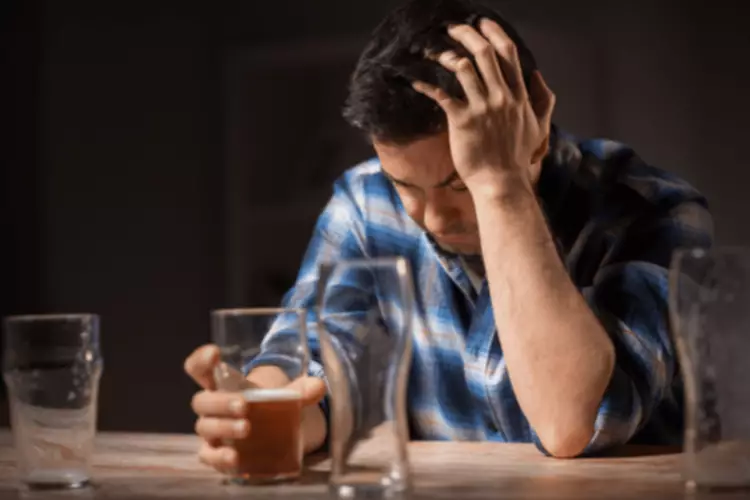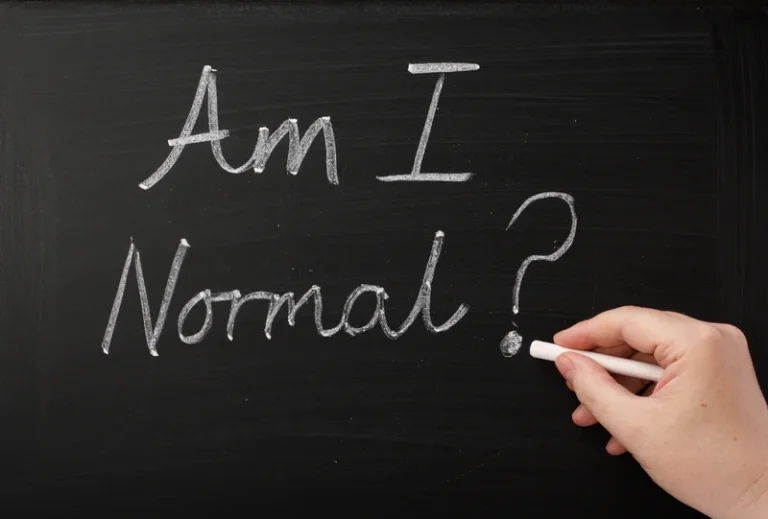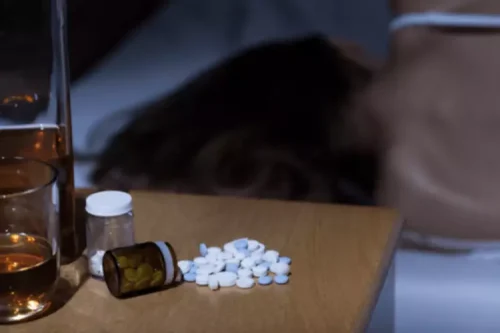
Valium, Ativan, and Librium are the primary benzodiazepines used to treat alcohol withdrawal symptoms. They work well to reduce anxiety, insomnia, hallucinations, and alcohol shakes during and after medical detoxification. As symptoms diminish over time, the person taking benzodiazepines will be slowly weaned from taking these medications. Additionally, snacking alcohol shakes on nutritious foods while drinking can help counteract the effects of alcohol on the body. Choose snacks that are rich in vitamins and minerals, such as fruits, vegetables, and nuts. These foods provide essential nutrients that support the body’s natural detoxification processes and help minimize the severity of hangover symptoms, including shakes.

What Should I Do If I Suspect I May Have Delirium Tremens?
Of people who attend AA, 44 percent of those who remain free of alcohol for 1 year probably will remain abstinent for another year. This figure increases to 91% for those who have remained abstinent and have attended AA for 5 years or more. Alcohol withdrawal is common, but delirium tremens only occurs in 5% of people who have alcohol withdrawal. Delirium tremens is dangerous, killing as many as 1 out of every 20 people who develop its symptoms.

What It Means If You Have the Alcohol Shakes
- Although alcohol nerve damage is not life-threatening, it will reduce a person’s quality of life and require ongoing supportive treatment.
- If you have a past experience of withdrawal symptoms, you are likely to have them return if you start and stop heavy drinking again.
- Gabapentin (Neurontin) and topiramate (Topamax) are other medications primarily used to treat neurological or psychiatric conditions, such as seizures or neuropathic pain.
It’s about crafting a new, fulfilling life where sobriety takes center stage. This involves laying down a strong foundation through various forms of therapy, support networks, and lifestyle changes. Long-term recovery is about more than abstaining from alcohol; it’s about creating a life where you no longer feel the need or desire to drink. Navigating through this period can be a formidable challenge since it’s characterized by a spectrum of symptoms. Among these, the ‘shakes’ or tremors stand out as particularly prominent.

Complications of Delirium Tremens
Alcohol is a depressant, meaning it works to suppress the CNS (central nervous system) and lower brain activity. That means, when ingested, alcohol works to lower heart rate, slow the respiratory system, and halt communication between certain neurons. Over time, the brain and the central nervous system become accustomed to this “lower standard” of operating. Doctors may also check your liver, heart, nerves in your feet, and your digestive system to figure out the level of alcohol damage to your body.
With proper medical care and support, individuals can successfully manage these symptoms and progress in their recovery journeys. A rare but very serious syndrome called delirium tremens can occur during alcohol withdrawal. Also known as DTs, an estimated 2% of people with alcohol use disorder and less than 1% of the general population experience them.
- Opt for a meal that includes carbohydrates, healthy fats, and protein to provide sustained energy and help minimize alcohol’s effects.
- Only about 20 percent of alcoholics are able to abstain from alcohol permanently without the help of formal treatment or self-help programs such as Alcoholics Anonymous (AA).
- Alcohol detox is a necessary step towards sobriety, but it can be challenging.
- A hangover usually begins a few hours after you finish drinking, as your blood alcohol concentration (BAC) begins to fall.
- If you drink enough alcohol to be considered a heavy drinker (especially if you’ve done it for 10 years or more), and you want to stop completely, talk to your doctor.
- Because of this, it’s best to talk to your doctor before stopping alcohol use.
- For most people, alcohol withdrawal symptoms will begin sometime in the first eight hours after their final drink.
- Symptoms of DTs tend to begin soon after you stop drinking alcohol and can happen abruptly.
- As the withdrawal progresses, these symptoms may peak – often within the first 24 to 48 hours – and then will begin to diminish over the following days.
- While we’ll address that further down, it’s important to mention that, during detox, the alcohol shakes will usually increase in intensity.
- Hangover shakes can be a warning of more severe alcohol withdrawal symptoms to come.
Delirium Tremens Treatment






